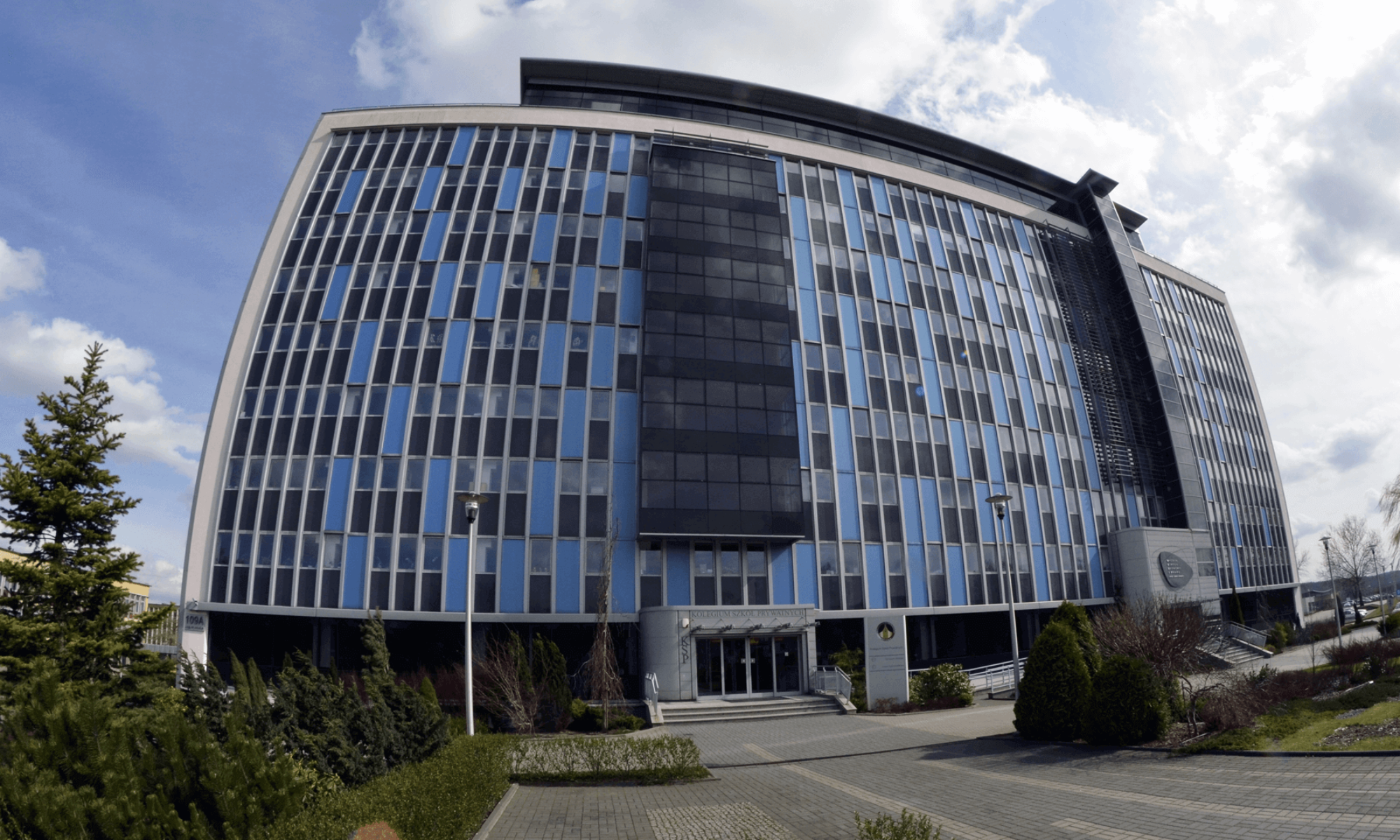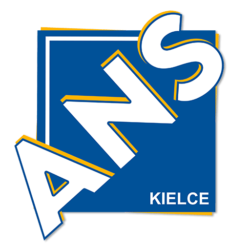The basis for the selection of partners are the similarities in programmes of study. Our Erasmus+ partners range from huge state universities (Bratislava, Hellenic University), to smaller institutions of higher education specialising in economics (Barcelona, Prague, Riga, Foggia), security (Prague, Beja), medical sciences (Barcelona, Kaunas, Trencin) and law (Barcelona, Kaunas, Madrid). The main objective of our international activities on this field is providing students with high quality studies abroad. Personal contacts with our foreign partners allowed fine-tuning of their offers as well as our creating appropriate educational paths for students willing to study in other countries (learning the languages, intercultural preparations).
Our other EU partners, with whom we have been working on LLP projects, include universities in Brest, Dresden, Dublin, Granada, Santiago de Compostella, Salzburg, Tralee, Valencia and Vienna. Most of our partners are based in the EU countries, but cooperation agreements have been also signed with universities in Vinnitsa (Ukraine), Tbilisi, Batumi (Georgia) and others.
The main task of our university is preparing students for the needs of today’s labour market. Therefore we pay great attention to providing our students with good places of traineeships. Our partners include networks of best hotels in Spain (for students of cosmetology), one of the best and the oldest health SPA in Central Europe in Teplice (Czech Republic). As there is a surplus of trained nurses in our area, we started special courses for students of nursing preparing them for work at hospitals in Germany. Our partner there, with whom we cooperate very closely, is Kliniken Beelitz. In almost every case our representatives visited the places of future internships and later visit our students at their workplaces. In every case, with very few exceptions, we received very positive opinions about the knowledge and skills of our students and graduates. At the same time these are occasions for us to learn about necessary improvements of our teaching process. Every year representatives of almost all receiving institutions visit our university and meet candidates for traineeships or employment.
As far as Erasmus+ programme for staff is concerned, we pay special attention to the development of young academic teachers, doctors or those preparing their doctoral thesis. They are encouraged to present results of their research lecturing at partner universities abroad (e.g. in Madrid, Prague, Nigde (Turkey) and Telemark (Norway)). We pay great attention to common publications (as with universities in Madrid and Prague), as it is an important asset for those who only begin their career in science. Such contacts often result in invitations to international conferences or in common organisation of conferences and research (as in Prague, Plzen and Tartu (Estonia)). Administrative staff participates in trainings dealing with organisation of the process of teaching and other operations of an institution of higher education, especially in organisation of students’ exchanges.
Our staff and students participate in numerous LLP projects,whose results are being implemented at our university. E.g. LOLIPOP project (with the Dublin City University) resulted in implementation of the European Language Portfolio Online, e- TALIA project (coordinated by the Coventry University) resulted in implementation of the blended learning course of professional language for students of tourism, the multimedia course of languages for Erasmus+ incoming and outgoing students is being implemented thanks to a KA2 „Languages” project being developed by, among others, universities in Kaunas and Ceske Budejovice, with our Director for IC as the Polish coordinator. The LdV project „Team Coaching” (with VHS Freyung-Grafenau and a university in Valencia) will help our students find their place in a company or start their own business activity. With the Plzen University we are developing the Polish version of a Virtual Learning Environment platform „ProAuthor”, which is both efficient and easy to use by less computer-skilled staff, and which we intend to offer to all Polish universities.
Although a great part of our staff participates in international projects, two units of our university are directly responsible for their organisation and implementation: International Department and Lifelong Learning Department. Their operations are supervised by the Chancellor. The University Bursar is responsible for the financial operations within the projects.
Each group working on a project consists of a coordinator, secretary, permanent staff and occasional co-workers. They meet on regular basis. In case of a project meeting abroad, usually the coordinator is accompanied by one of the members of the permanent staff. Piloting of a project and later its implementation is organised and supervised by a Dean (in case of specialised projects) or by the Director for International Cooperation (in case of projects encompassing all specialisations, esp. language projects).
In case of mobility project, a departmental coordinator is directly responsible for actions within the department. Sometimes they are assisted by specialists on internships (esp. medical). Each department acts according to a set of rules, approved by the Director for International Cooperation.
Participation in the Programme helps WSEPiNM in catering for the needs of students from one of the poorest regions of the EU. Beside the system of scholarships, a chance of studying and training in a foreign country is a huge incentive for young people, many of whom have never travelled abroad. Very positive opinions about our students – trainees, that we get every year from foreign receiving institutions are often accompanied with advice on improvements of our teaching processes, which we are eager to implement. Everyday contacts with local institutions, like Chamber of Commerce, Centre for Transfer of Technology or Regional Tourist Organisation also result in making our study programmes compatible with the needs of the local labour market. The Career Office observes the functioning of our graduates on the labour market and provides important feedback on the labour market demand.
The university established permanent links with practically all secondary schools in the region. Meetings with their students and staff serve the purpose of promoting the tertiary education and allow us to spread information about areas of study as well as about the Erasmus+ programme. A free VLE platform was established, which allows any interested school to use materials prepared by the university staff. Multimedia teaching materials – products of LLP projects – meet with the great interest of school teachers.
Improving the quality and relevance of education in our schools is one of the most important results of participation in international programmes. Thanks to national and EU-financed projects we were able to implement a complex system of e- learning aimed at assisting our students in studies and in finding their place at the labour market (projects „e-Economics”, „Creator of Innovation”, „Team Coaching”, „Medical Tourism”, several language projects, etc.). Cooperation with business partners in Poland and abroad helps us to better prepare students for their future.
Also international research projects have a considerable impact on our institution. For example, a huge national research project dealing with health SPAs (our region is one of the most important regions of Poland in this respect) not only involves SPAs which provide Erasmus+ trainneships for our students, but also corresponds to a research project on the same subject held by a group of our students in Tartu, with students of Estonian, Lithuanian, Czech and Greek universities.
Our university actively participates in regional development programmes, starting in 1999 with our Tempus-Phare project „Regional policy on underdeveloped areas” which had huge impact on our region. For young employees of local governments this pre-accession project marked the beginning of careers, leading some of them to top positions in the region. WSEPiNM is also a co-author of the Regional Innovation Strategy, many elements of which are the direct result of our experiences in LLP programmes, including Erasmus+ exchanges.

